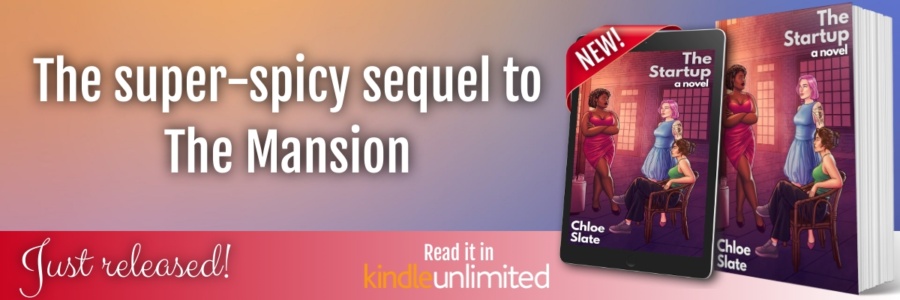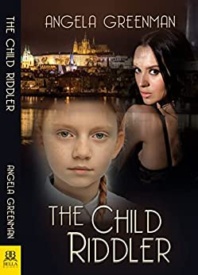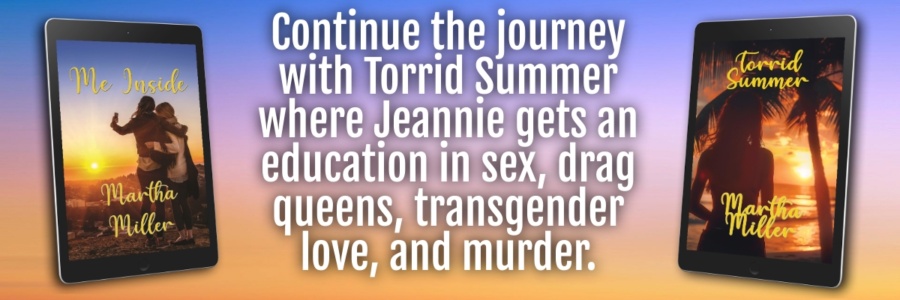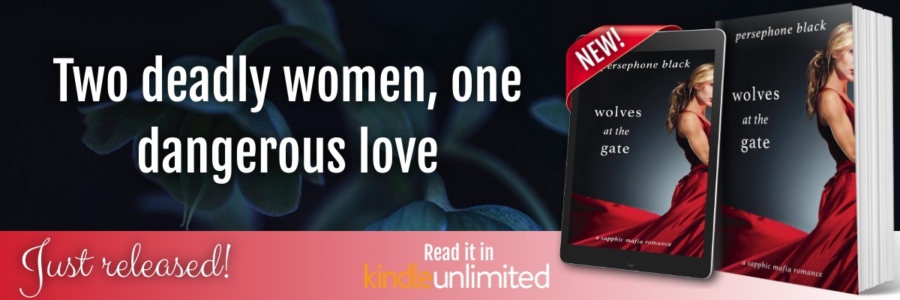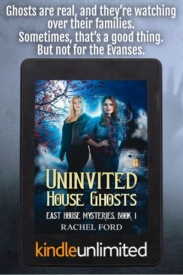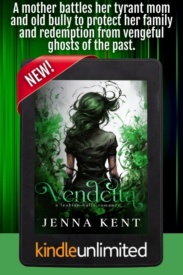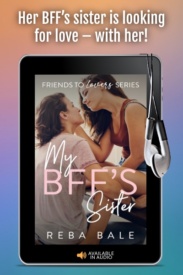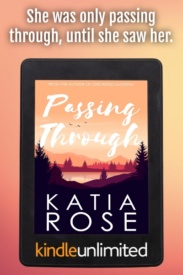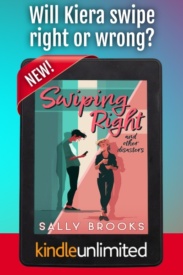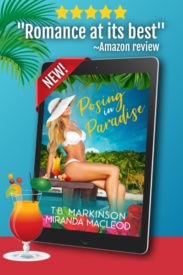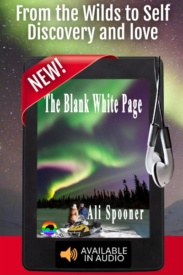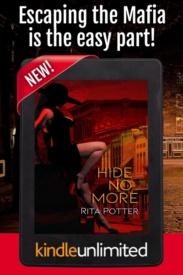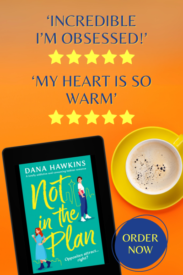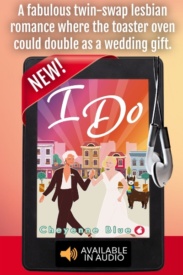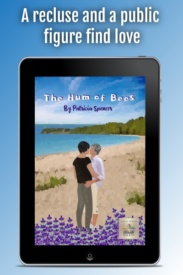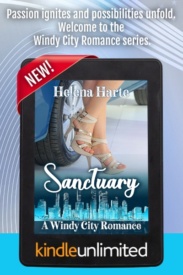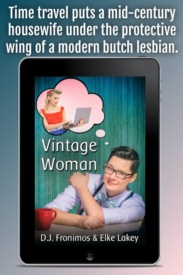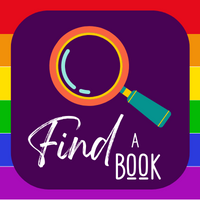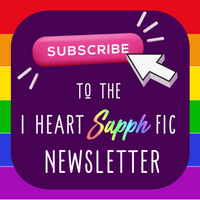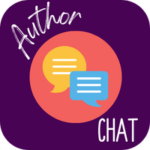
Get ready to learn more about the book The Child Riddler in this discussion with sapphic author Angela Greenman.
Join us for an exclusive peek behind the scenes as we quiz Angela Greenman about The Child Riddler, writing, reading, and more.
This book is part of the International Setting category in the 2024 IHS Reading Challenge.
Why did you write The Child Riddler?
I never thought about why I wrote The Child Riddler until it was published and people starting asking me! I just felt driven to write about my fantasy character, Zoe, a badass heroine who came and saved me, and we traveled the world going on one adventure and another. She was always with me. Through my teens I lived in an unhealthy environment (domestic and gang violence, homelessness, poverty, discrimination). Before falling asleep, I would fantasize, creating adventure stories in my mind on how she rescued me and we’d go across the globe saving others. Every time I saw an action film, it was her, Zoe, my fantasy globe-trotting badass—not the male star—who was beating up the bad guys and saving the world. I believe I fixated on strong women because I knew in order to make something of my life, I needed strength to get out.
Escape also came through reading. I’d stay up all night getting lost in books. I read pretty much every genre, but gravitated to mystery and thrillers. They took me to faraway places (and I wanted to be anywhere but where I was). This is probably why my book is a thriller. Also, mysteries and thrillers gave me the great gift of learning to be analytical. You had to figure out clues and plots, and I discovered I could work things out. The stories taught me to see through other lenses, and realize what I saw around me wasn’t the only way life had to be. This gave me hope. It’s really quite incredible how powerful stories are. Books opened up a door to a life-saving fire escape that enabled me to climb upwards.
Years later, from across the world, Zoe sent me a message it was time to tell her story. I was in Vienna, Austria, and saw a life-sized photograph in a store window. In it, the model gazed over her shoulder at me with a confident, badass expression that said, “I see you, but you can’t touch me.” That was Zoe staring at me! She was real! I took a photo of the model. When I got home, I hung it on the wall in my den and started writing.
This week’s reading challenge category is International Setting and it is really quite amazing how perfect the timing was in it all coming together. At the time I saw her photo in Austria, I was in my second career as an international nuclear communications expert. All-in-all, I worked in 16 countries. Thus, I had accumulated a wonderfully rich knowledge of how to bring her international settings to life! We’d shared the exciting experience of being a globetrotter! Telling her story was clearly meant to be.
Who is your favorite character in the book?
My favorite character would be Zoe, the protagonist. She is strong. She wants to protect the weaker. She takes risks. And that would be me. During my tough childhood, I worked hard to protect my younger brother from gangs and to care for him by making sure he had milk and food. I had to take risks to grow and be free. Zoe and I share this drive. We both are scarred too, and those deep wounds make us less trusting and more wary of our fellow human beings. Flaws and all, she’s been a best friend my whole life, always there (in my fantasy, and now in my book!) inspiring me to never give up.
What inspired the idea for The Child Riddler?
I think the discrimination against women that I’ve seen gave me the impetus to complete, The Child Riddler. For part of my childhood, my mother faced housing discrimination as a single parent (and other forms of “second class” treatment). I grew up seeing on television and in movies women as the sidekicks—not the stars. The message this sent to me was that my place was second. Plus, during my thirteen-some years working at Chicago’s civil rights department, I dealt with what seemed like endless discrimination cases against women in all areas.
I created a strong, independent successful warrior in Zoe and wanted to do my part as a writer to spread an empowerment message—a 21st century message—for the younger generations that women are leaders, commanders, and heroes. Recently, a woman assumed command of a nuclear-powered US aircraft carrier. Since I write thrillers, I know a little about the long history of women spies, and about their incredibly brave acts and how history later described them as leaders and commanders. But all too often this valor acknowledgment has been only reserved for men. I want to be part of a mindset that will help build confidence for our future female leaders to step forward and take the front seat.
If you’re planning a sequel, can you share a tiny bit about your plans for it?
Yes, I’m planning another “Wildcat” Zoe Lorel Thriller book. The Child Riddler left some unanswered questions like life often does. I’m working on it now and very excited about it. It’s going to bring out more of the human emotional side of Zoe through continuing her relationship with Isabel and the child, Leah. Plus, we’ll see more of Zoe’s development as a leader.
I’m also fascinated by the future of warfare technology—The Child Riddler has cloaking and nanotechnology—so the sequel will have more of futuristic warfare technology. But it will be different technology and weaponry. Additionally, instead of Zoe hunting down the bad guys, she is being stalked by one very smart and ruthless enemy. I don’t know when exactly it will be ready for publication, but it’s well on its way in development. I have a wonderful publisher in Bella Books and am grateful for their support of my vision.
What is your favorite line from your book?
Oh, my, a tough one to answer! Readers have shared with me some of their favorite lines and I love them! But I’d have to say mine is when Zoe and her finance Isabel are discussing starting a family and Zoe (who is against it) realizes Isabel is more than passionate about it—she has her mind made up and nothing will change it!
“Zoe’s stomach knotted. Isabel’s biological clock had overdosed on speed and she’d turned into a locomotive going full-steam ahead on children.
Putting brakes on a racing train caused a lot of friction.”
I’m not totally sure why this is my favorite. I think, though, it’s because I can visualize it clearly—I see a speeding train and then sparks as it hits the brakes. It’s more than one line–but it’s a short stream of consciousness, so can it count for one line?
Where do you usually write, and what do you need in your writing space to help you stay focused?
I have a dedicated writing space with a window. I love natural light and being able to see the sky. Nature inspires me. Having a space that is just for my writing works best for me because I do like to keep plot and character notes and technology research documents there. Also, I have two cork boards and an erasable board that I use while structuring the novel. The boards are full of photos and background on characters, locations, weaponry, as well as motivational quotes and writing tips. One of the motivational quotes is from Lee Iacocca. It’s on a coaster a friend gave me and says, “…The discipline of writing something down is the first step toward making it happen.” Some of the writing tips prominently displayed are: “What does the character want?”; “Goal-Motivation-Conflict”; “Tension on every page.”
While I’m focused, I need quiet to write. I can’t have music as a background because I get emotionally involved in music, as I’m very responsive to it. If played, my thoughts would be wrapped up in the music’s mood, or the emotional story it evokes. I know many writers go to cafes, or can write in busy places. I can do that for a short time. I’ve written a million times in airports, etc. But after a while I’ll start listening to what people are talking about, or start observing them. I love studying people and its fun, but it takes me away from my work in crafting a thriller tale.
Is there a particular genre you would love to write but only under a pseudonym?
I want to write science fiction also. I do have some science fiction short stories in a desk drawer that I hope to resurrect one of these days. When I go that route, it would be under a pseudonym. My understanding is writers, like actors, get typecast into a certain role. Readers see me as a thriller/action writer and I think that is the lens my science fiction work would be viewed through. I’d rather people read something I’ve written in another genre free of any pre-conceived notions.
What is the most valuable piece of advice you’ve been given about writing, and by whom?
“Tension on every page.” Literary agent Donald Maas said this at the first writing conference that I ever attended. He said many things that resonated with me, but the one thing that really hit home with me was this statement. I keep a sticky note with that on it in front of me as I write.
This tip has made a profound difference to me as a writer in so many ways. Mainly, it helps keep me in check from writing anything that is not going to move the story forward. It focuses me on crispness, suspense, action, conflict.
What do you do to get inside your character’s heads?
I write a page or two about them—what they like, what they look like, how they feel about another character, what they want. I try to find a photo in a magazine, or somewhere, that looks like them and put it on my board. I need to know them well to figure out what their reaction would be, or what conflict they may cause. Once I know them, they come alive on the page.
Are there any books or authors that inspired you to become a writer?
All books and all authors inspire me. Anyone who writes a story is sharing/creating another world with someone you can get swept up into—and magic can happen.
As I mentioned, I had an unhappy childhood, and because of all the trauma, I was failing grammar school. A teacher said if I would do extra credit book reports, I might be able to pass. I did a bunch of reports and was passed onto the next grade. I don’t remember all the books I read and wrote about—except that they saved my life and I discovered I love to write. How did these books save my life? I learned from the stories that I was not alone in going through hardships. My friends in the books overcame their challenges. I started to believe I could too and I wasn’t stuck where I was. The connection a good story creates is the magic.
I found great joy in writing those book reports because I loved sharing the stories about the people I had met in them. This is what I am striving to do as an author—share and create a connection. It helped too that my teacher gave me positive feedback on each essay. (She had to be an angel!) I then realized that being a writer is something I could do with my life. I think this is why I went on to major in communications in college. There is a lot of writing involved.
What books did you grow up reading?
Gertrude Chandler Warner’s The Boxcar Children had a profound impact on me. It’s about four orphaned siblings taking care of each other after their father dies. It reflected the abandonment and loss I felt as a child. Again, the magic. I felt connected to the characters. I wasn’t alone in going through pain and trials. This book was a powerful influence on me becoming a reader. As I think about it, maybe in a small way I grasped the power of the story, and this planted the seed and drive to become a storyteller.
I read a range of books by such authors as Phyllis Whitney, Agatha Christie, and Louisa May Alcott. I also read a number of Agatha Christie books. Later on, I developed an interest in Iris Johansen’s suspense novels that featured the skilled CIA operative Catherine Ling. I saw in Catherine Ling a strong woman character like Zoe, my fantasy heroine (and later, The Child Riddler protagonist).
There really isn’t one author that shaped me. I read a lot of autobiographies and biographies for a period of time. I like those too. I think what has shaped me as a writer is my fascination with people and what makes them tick. You explore this in books, in their stories. To be a writer, you have to focus on character development. What makes a story real, alive and grab your heart? The people.


